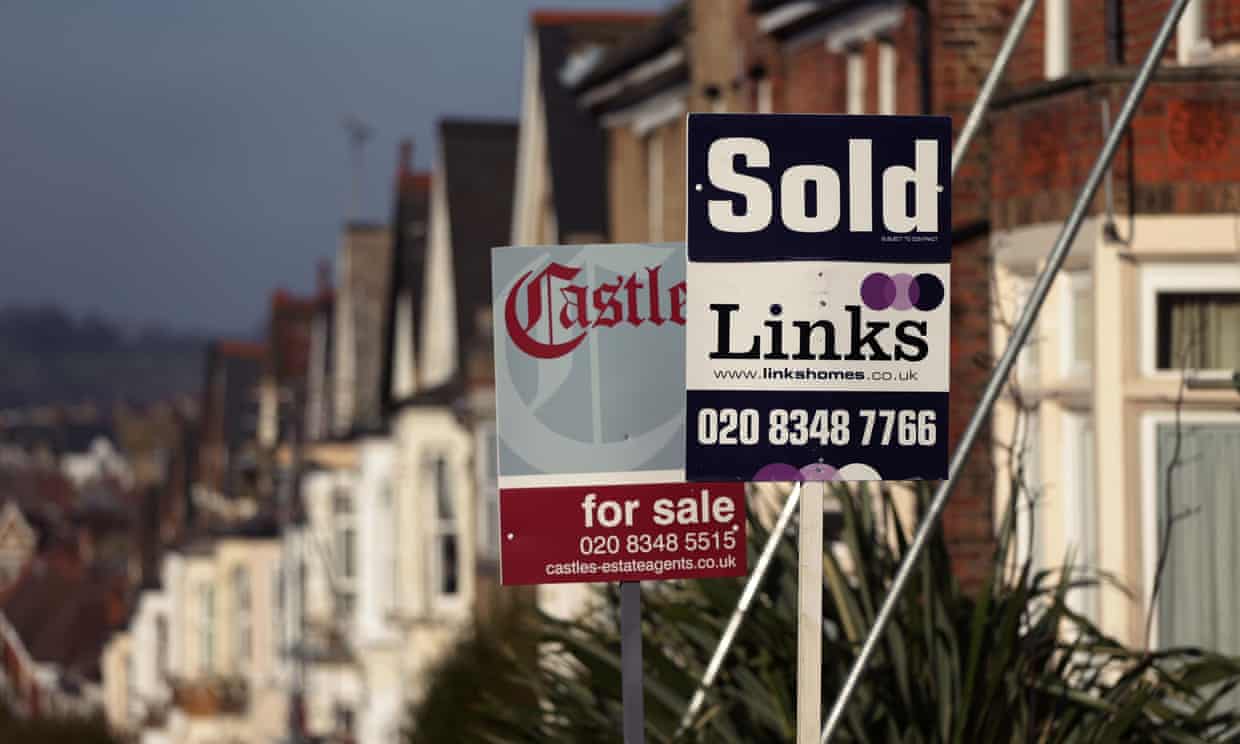
Well, at last it’s happened – UK property prices are on their way down.
Two lenders this month – Nationwide and the Halifax - both reported a 0.3 % monthly drop in January compared to the previous month.
Halifax said it was the first fall since April last year when COVID-19 began to kick in. Nationwide only puts it back to June. However, despite the discrepancy in when prices started to rise, there is no denying they are now on the downward curve.
Despite this, Halifax says prices continue to fare better than the previous year – with a 6.4 per cent increase year-on-year.
Slow and steady – or a cliff edge plunge?
Whether that fall is a slow one or a cliff edge, considering the end of the Stamp Duty Holiday at the end of March, remains to be seen. Certainly, the end of the furlough scheme doesn’t bode well either, with thousands of people expected to lose their jobs – and at a time when the economy remains shaky.
And, despite pleas to continue the Stamp Duty Holiday, the chancellor is believed to be considering increasing Capital Gains Tax. As far as Stamp Duty is concerned he believes it’s a case of ‘Job done and time to move on,’ according to his staff.
Not everyone is pessimistic though. There is a shortage of properties coming on to the market – some estate agents report 70% fewer compared to the previous month – which will always ensure prices remain high. This is especially the case when buyer demand remains strong. The large-scale vaccination roll-out should help kick-start the economy again too.
Jonathan Hopper, CEO of Garrington Property Finders, predicts a “soft landing rather than a crash."
He explains: “Clearly the white-hot pace of price rises seen in the second half of last year is cooling, but with so much pent-up demand in the system, the overall momentum is set to continue.”
People still desperate to move home
Other property analysts agree – but for different reasons. One broker said he was aware that the effect of COVID-19 and the various lockdowns had forced people to reassess their living conditions long-term. The result was people still wanted to move to larger homes with gardens and outside cities – and this would continue right through 2021 for those who could afford to buy.
Many mortgage brokers are predicting that a poor economy could encourage the Bank of England to drop interest rates even further, resulting in sub 1% mortgage loans by summer.
And yet, there were more mortgage approvals in 2020 than in the previous year, according to the latest Bank of England figures.
More bad news for first time buyers
Another plus for the property market is the knowledge that it costs more to rent than it does to buy. Whether that helps first time buyers get on the market though is debatable, especially in light of a recent estate agent survey which showed house prices had risen far above average earning potential. Benham and Reeves reported it as the biggest gap in a decade.
The average income last year was around £25,123 and the average house price at £249,633. That puts house prices at 10 times the typical salary, with an entire year’s salary needed for a deposit.

